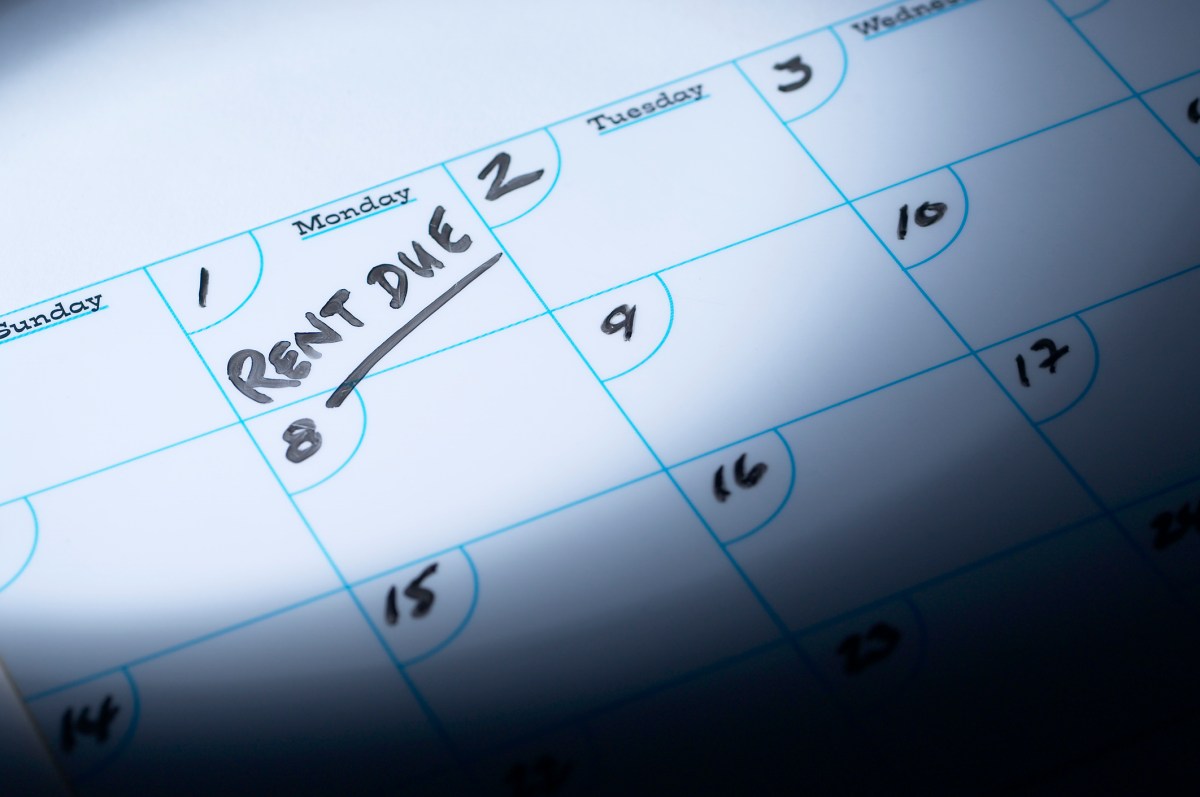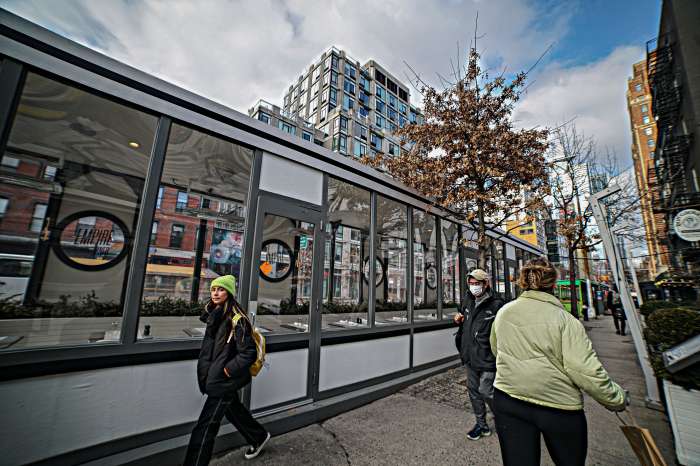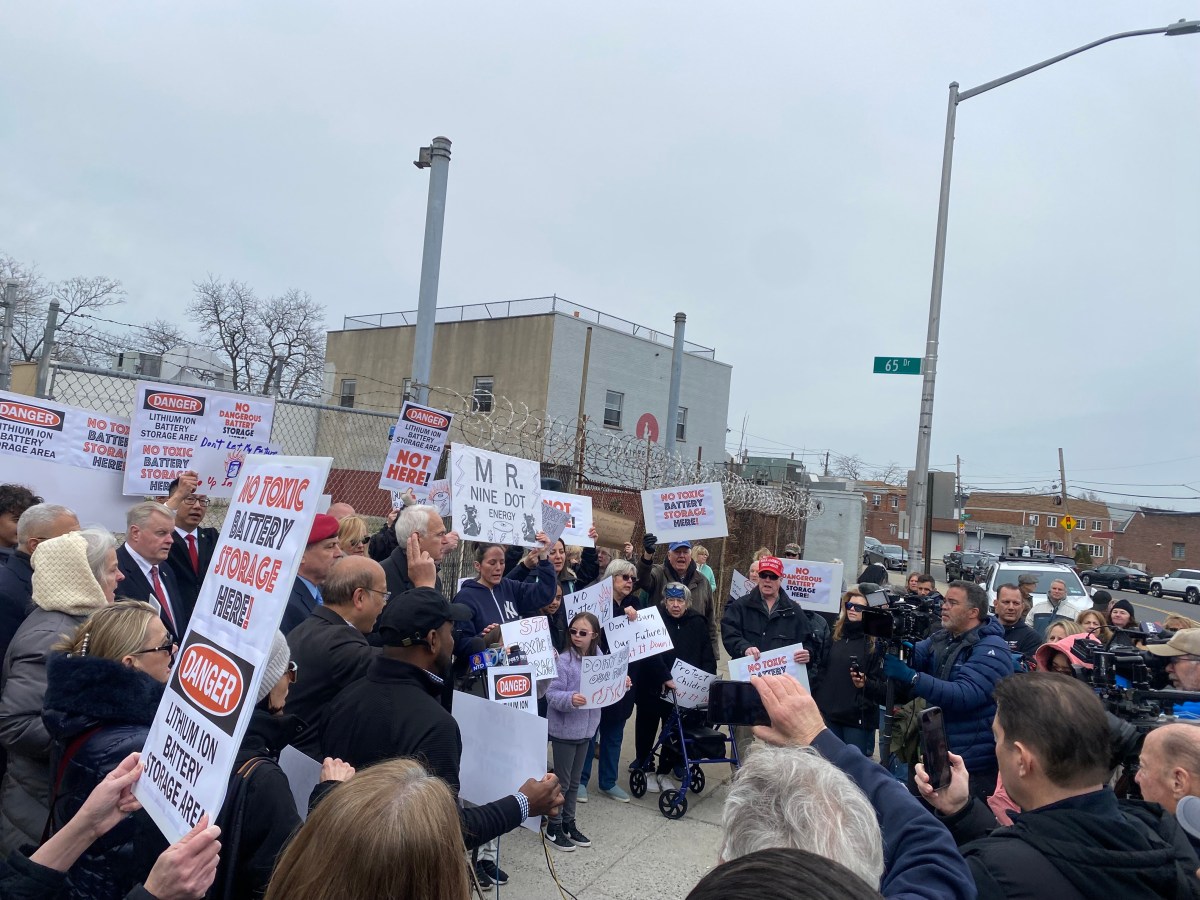BY DIANA FLORENCE
Millions of people who can’t make rent are about to slam head on into another crisis when housing courts open back up at the end of the month. But instead of simply bearing witness to the coming mass eviction, prosecutors should be taking action against those same landlords who’ve been overcharging renters for years. There are laws on the books to protect tenants from unscrupulous landlords, but the historic lack of enforcement might be the bigger crime.
New York City is home to 3.1 million household renters, many of whom live in rent-regulated apartments, and pay more than 30% of their income in rent and utilities. The system of rent stabilization was created in the mid-1900s to protect tenants from unfair rents, while allowing law-abiding private landlords a reasonable profit. But for decades unscrupulous landlords have abused the system by claiming non-existent or vastly inflated “individual apartment improvements” in order to charge market rents: no proof required.
Tenants, attorneys and advocates have long chronicled this kind of routine fraud in housing court. It’s not new or secret. Just last year a judge found that a landlord had created fake bills for a made-up company headed by the landlord’s full-time employee for imaginary work. He then deregulated the apartment, raised the rent from $646 to $3100 and sued the tenant for nonpayment. Although he had to pay damages, prosecutors failed to bring any criminal charges for this very public and proven fraud.
The most high profile example of prosecutorial neglect might be Jared Kushner. In 2018, after an Associated Press investigation, the New York City Department of Buildings fined Kushner Companies, $210,000 for filing 42 false permit applications on more than a dozen of its buildings. And yet, more than two years later, long after the statute of limitations has run out for most of these false filings, no one has been held criminally accountable.
This makes no sense. In New York, it is a felony to file a false statement with a public agency. It is also a felony to use false pretenses to steal thousands of dollars from a person. Each false document carries a term of imprisonment of up to 4 years. When I was head of the Construction Fraud Task Force in the Manhattan District Attorney’s Office, I regularly used both statutes to go after companies and executives for committing wage theft or fake safety inspections.
The fact is, housing fraud is a systematic crime of power that has ripple effects on every part of society, and law enforcement needs to start treating it as such. When landlords fraudulently take rent-regulated apartments off the market, they shift the cost to taxpayers and law-abiding businesses to pick up the various costs like homeless services. Housing fraud also harms the many law-abiding landlords who get cheated out of a competitive marketplace. Unfortunately, legislative fixes aren’t enough. An April Court of Appeals decision invalidated some sections of the 2019 rent reforms which allowed tenants to look beyond the 4 year period in cases of alleged overcharging. This means that unless a tenant discovers and can prove that the fraudulent renovations happened in the last 4 years, landlords can profit from their deception. That’s an extraordinary and unfair burden to place on tenants that should be handled by criminal authorities. But until law enforcement stops assuming the default view that housing fraud is a civil matter as opposed to grounds for criminal investigation, landlords will stick to the status quo.
As society starts to re-open, tenants cannot go back to normal. Instead, we need to seize the opportunity to reimagine the role of prosecutors to address the ongoing crisis that’s been eroding our communities long before COVID-19.
Diana Florence is the former head of the Manhattan DA’s Construction Fraud Task Force.


































